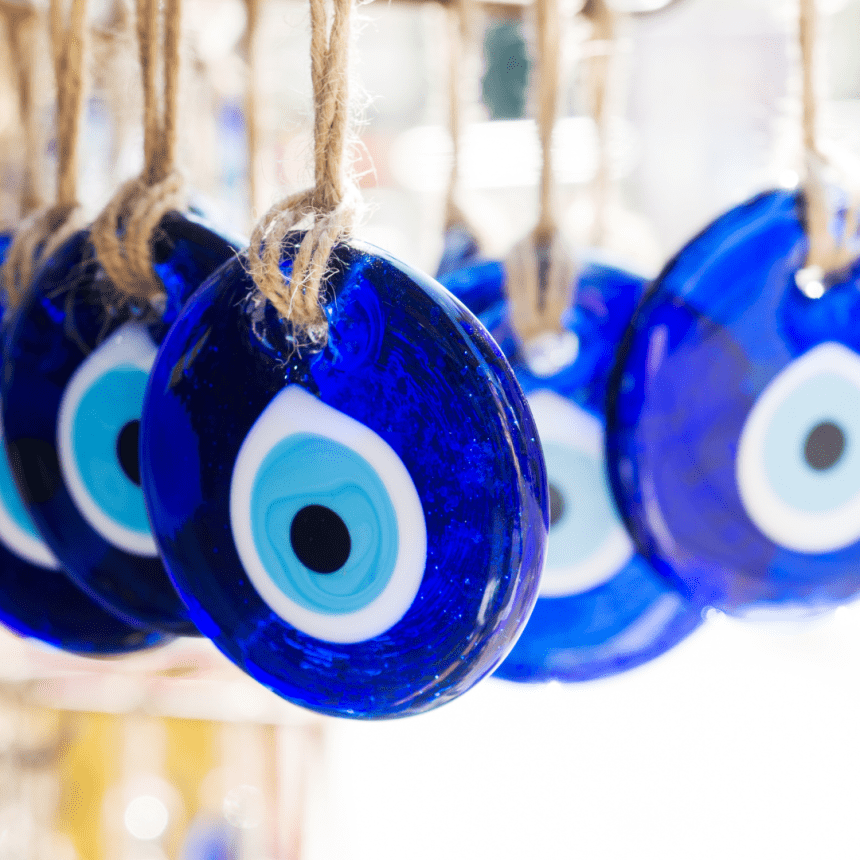Eye donation means donating the cornea or the outer transparent layer of the eye of a deceased person, to a person who has corneal blindness.
Our eyes are one of the most precious sense organs in our body, which we use to perceive the world, gain memories and experiences. It’s hard to imagine what we would do without our eyes.
In the medical sector, eye donation is a crucial component. Many people rely on eye donations to preserve or enhance their vision. In this article, we’ll address common myths about eye donation and explain why you should consider donating your own.
What is corneal blindness and why do we need to understand it?
There are certain diseases of the cornea that make it opaque and causes corneal blindness. Some of these diseases causing corneal blindness are
1. Corneal dystrophy
2. Corneal degeneration
3. Corneal infection healed by scarring
4. Trauma or chemical injury to the cornea
5. Vitamin A deficiency in children can lead to corneal blindness
6. Keratoconus: a condition in which the normal sphere-shaped cornea is conical
It is important to understand corneal blindness because according to the WHO, it is a worldwide major cause of blindness or vision loss after cataract and glaucoma.
Above all, this blindness is curable.
In 2012, it was reported by the NPCB or National programme of control of blindness that in India, 1-1.2 million have corneal blindness in both eyes and 5-6 million have corneal blindness in one eye. There is around 1 lakh annual requirement of corneal transplants and to do that, we are in need of around 2 lakh corneal collections on an annual basis.
Moreover, the NPCB has also stated that every year, around 25000-30000 get added to this list. Even though we have hospitals, eye banks and trained doctors for corneal transplants, we don’t have enough donor corneas.
The National Eye Donation Fortnight is observed from 25th August to 8th September every year to motivate people for eye donation.
What is a corneal transplant?
The cornea is the outer layer of the eye which is transparent like your watch glass. If your watch glass gets scratched or becomes opaque for some reason, you will not be able to see the time properly and will require you to replace it as soon as possible.
Similarly, in a corneal transplant, the diseased cornea is replaced by a clear and healthy donor cornea.
Let’s understand this topic in the form of common myths and related facts.
Myth number 1
I have diabetes/hypertension/undergone eye surgery/glasses, so I cannot donate my eyes.
Fact
Anyone can donate their eyes, irrespective of their age, sex, religion, blood group, if their corneas are healthy.
Even a blind person with a clear cornea can donate.
There are a few contraindications to donating eyes. The people who cannot donate are those who died from:
1. An unknown cause
2. Infections like rabies, syphilis
3. HIV/AIDS
4. Hepatitis B or C
5. Septicemia
6. COVID 19
Myth number 2
The process of taking out the eye is messy with a lot of blood and causes serious disfigurement to the face.
Fact
The process of tissue retrieval is very clean, usually with no blood. These days, instead of removing the entire eyeball, only the corneas are removed with a small part of the sclera or the white part of the eyes, causing no disfigurement to the face.
Myth number 3
Eye removal takes a long time, so the funeral procession will get delayed.
Fact
The whole process of retrieving a cornea takes about 15-20 minutes. Apart from this, the team collects 10cc of blood and also takes nasal swabs for RT-PCR testing for COVID 19.
Myth number 4
If I donate my eyes I will be born blind in the next life.

Fact
Every religion encourages its followers to be helpful and kind to others, to do good deeds and to serve humanity. Donating eyes is the most beautiful thing you can gift a person who cannot see. Such an act of benevolence can only be rewarded.
Myth number 5
If I pledge my eyes today, at the time of my demise, no other consent will be required and my eyes will be donated.
Fact
When you decide to pledge your eyes, keep your family on board, talk to them and tell them about your wish to donate eyes because at the time of demise, the family can still say no to eye donation and the corneas will not be retrieved. That situation is the most unfortunate.
Myth number 6
All blind people can be given the donated corneas.
Fact
Only patients having corneal blindness will benefit from this procedure.
Myth number 7
The donated corneas can be smuggled and sold.

Fact
Under the Transplantation of Human Organ Act, 1994, buying and selling donated eyes is an act of crime and is a punishable offence.
Myth number 8
One gets paid for donating their eyes.
Fact
Donating eyes is a noble act and neither the donor nor his/her family is paid for it.
Myth number 9
You cannot donate your loved one’s eyes if they haven’t pledged.
Fact
If you wish to donate your loved one’s eyes after their demise, you can still do that by calling the eye bank and giving your written consent to the medical team on their arrival.

Procedure for donating eyes
If you would like to donate your eyes but don’t know how or where to donate, just follow this procedure given below:
1. Fill up the form and pledge your eyes in the nearest eye bank.
2. You will get a donor card.
3. Inform your family about your wish to donate.
4. Spread awareness. One person can give sight to at least 2 people. In some specialised transplantation techniques, a single cornea is split into 2 parts and that way, in certain cases, one person with two eyes can gift vision to four people.
How to donate the deceased person’s eyes who has pledged to do so
In the case of the death of a family member, who had pledged their eyes, you need to follow this procedure for donating their eyes.
1. Contact the nearest eye bank.
2. Remember that the corneas must be retrieved within 6 hours of death.
3. Close the eyelids and cover them with a moist cloth or cotton and keep it moist till the medical team arrives.
4. Till then, keep the head raised with a pillow.
5. Keep the death certificate ready.
6. Meanwhile, switch off the fan and AC, where the body of the deceased is kept.
QUICK SUMMARY:
There is a huge burden of corneal blindness in our society. This type of blindness is curable. We need to spread awareness on eye donation to fill the gap between the growing demand for corneas and supply. We need corneal transplants in huge numbers.
Imagine living in this beautiful world without sight. To gift someone their sight, after they pass away, is a beautiful act of humanity.
If you need more information regarding eye donation, please feel free to reach out to us.
REFERENCE:

